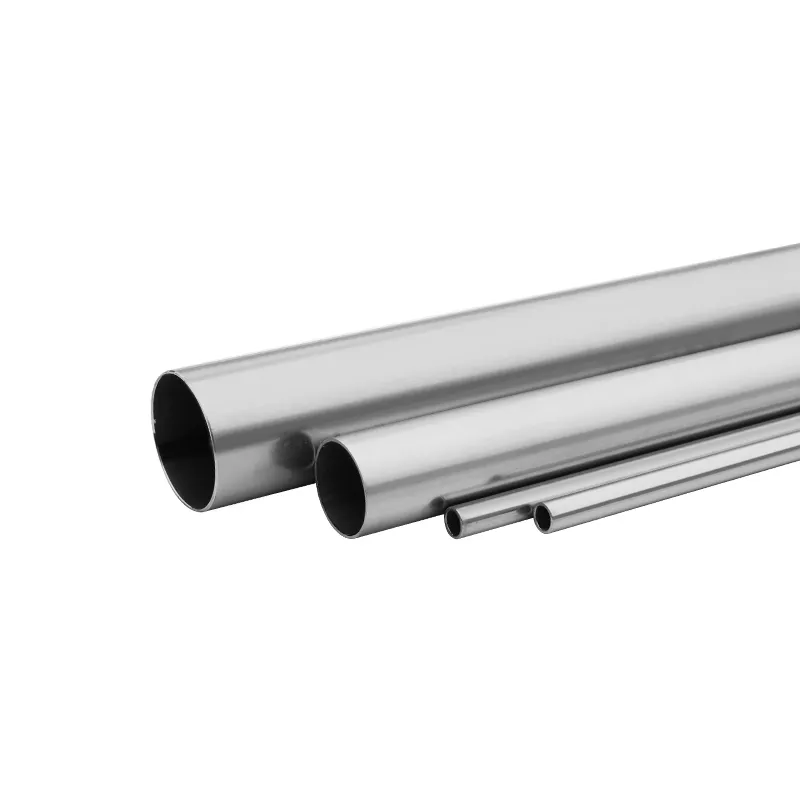
The Importance of Mechanical Parts in Modern Engineering
In the contemporary landscape of engineering, mechanical parts represent the backbone of numerous machines and systems that enhance our daily lives. From the intricate components found in household appliances to the heavy-duty parts in industrial machinery, these elements play a critical role in ensuring functionality, efficiency, and durability across various applications.
Mechanical parts encompass a wide range of devices, each designed to perform specific functions within a larger system. Common examples include gears, bearings, shafts, and actuators. These components work in concert to facilitate movement, support loads, and transmit power. The precision and reliability of these parts are essential, as even minor imperfections can lead to significant failures in machinery, resulting in costly downtimes and safety hazards.
One of the most notable advances in the field of mechanical parts has been the development of materials technology. Engineers now have access to high-strength alloys, composites, and advanced plastics that offer enhanced performance characteristics. These materials allow for lighter, stronger, and more efficient components. For instance, carbon fiber is increasingly being used in the aerospace industry due to its exceptional strength-to-weight ratio, which contributes to improved fuel efficiency and overall performance of aircraft.
Moreover, the rise of computer-aided design (CAD) and computer-aided manufacturing (CAM) has revolutionized the way mechanical parts are engineered and produced
. These technologies enable designers to create highly detailed models, simulate performance under various conditions, and identify potential issues before actual production. This not only reduces the risk of errors but also accelerates the development process, allowing companies to bring innovations to market more quickly.
The trend towards automation and robotics further underscores the importance of mechanical parts in modern applications. Automated systems rely on a multitude of precise mechanical components to operate effectively. For example, robotic arms in manufacturing settings require joints, actuators, and sensors that must function flawlessly to ensure the accuracy and efficiency of production lines. The proliferation of Industry 4.0, characterized by interconnected systems and the Internet of Things (IoT), also signals a growing demand for mechanical parts that can seamlessly integrate with digital technologies.
In the automotive sector, mechanical parts are equally critical. The transition to electric vehicles (EVs) presents unique challenges and opportunities in mechanical engineering. While electric drivetrains differ significantly from traditional internal combustion engines, they still rely on a complex arrangement of mechanical components, including electric motors, gearboxes, and thermal management systems. As the automotive industry continues to evolve towards electrification, the design and functionality of these parts will play a pivotal role in defining vehicle performance and efficiency.
Furthermore, the maintenance and longevity of mechanical parts cannot be overlooked. Regular inspections and adherence to proper maintenance schedules are vital to ensure that components operate optimally throughout their lifespan. Failures in mechanical systems often stem from a lack of maintenance, illustrating the importance of implementing robust maintenance strategies.
In conclusion, mechanical parts are indispensable in engineering, influencing everything from everyday consumer products to complex industrial machines. With advancements in materials science, design technologies, and automation, the capabilities of mechanical parts continue to expand, driving innovation across various sectors. As we look to the future, the integration of mechanical parts with digital technologies will likely further enhance their functionality, making them more efficient and responsive to the demands of our increasingly complex world.